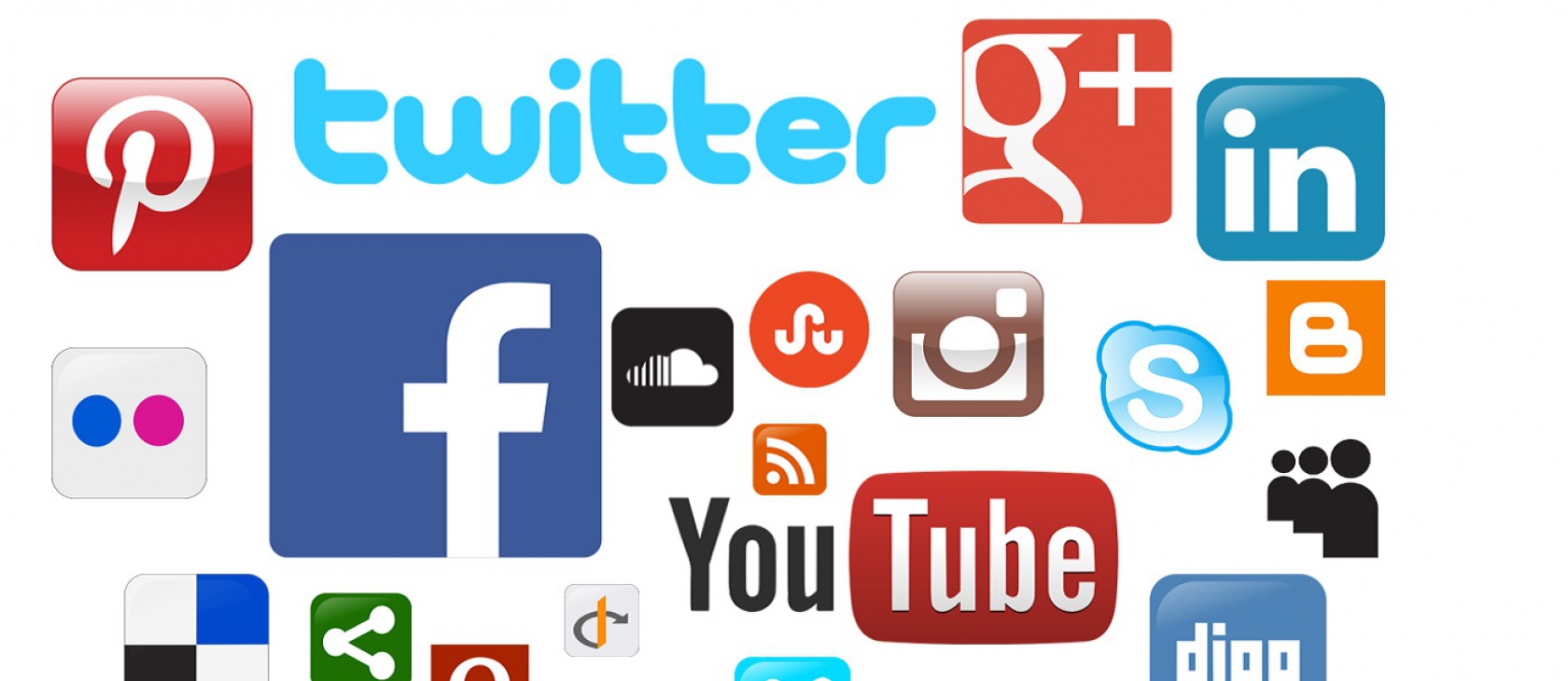The political bias of Silicon Valley’s Big Tech giants has become increasingly evident. Facebook, Twitter, YouTube, and Google hold a massive share of social media and video content consumers around the world, and they hold uniformly leftist views. Despite the fact that they theoretically want to provide services to all people, their pronounced left-wing bias has silenced many people, and believers in freedom and property rights ponder how to respond.
These companies warned millions that, without Obama-era net neutrality regulations, providers may not treat all content equally. Yet on their platforms, they favor and disfavor some kinds of speech, and even deplatform other viewpoints.
To their credit, the bias is hardly hidden. Twitter CEO Jack Dorsey “fully admits” his employees’ left-leaning political views, and some commentators speculate that Facebook founder Mark Zuckerberg may be a 2020 Democratic Party presidential hopeful. But their perspectives appear to affect social media’s products and services.
In April YouTube, which is owned by Google, banned a Christian news and prophecy channel called TruNews, run by Rick Wiles. Their views may not align with those of every Christian or evangelical, but their fellow Christians’ moral stances – based on their interpretation of the Word of God – can just as easily be found offensive and contrary to social media’s “community standards.” Last year, Facebook removed Roman Catholic pages with millions of followers, including “Father Rocky” and “Holy Mary Mother of God.”
The ban went beyond sectarianism. YouTube censored PragerU videos about Islamic extremism, European cultural suicide, and the chaos in socialist Venezuela. Twitter suspended Alex Jones’ “Infowars,” but also the account of Peter Van Buren, executive director of the libertarian think-tank the Ron Paul Institute.
How should Christians deal with their potential exclusion from this medium?
“Economic democracy”
No one who opposes government intervention believes we should interfere in private companies’ decisions. But it is important to differentiate between government intervention and what Ludwig von Mises, in his book Socialism, called “economic democracy.”
First, users who expected those platforms to provide a useful way to share their thoughts and beliefs with their communities freely have every right to denounce these actions – and withhold their finances until service is restored.
Second, entrepreneurship is never the wrong answer. We are “called to provide” new alternatives – instead of just complaining. We can and should develop social networks, app stores, and search engines that guarantee free speech instead of banning Christian, conservative and libertarian messages. Moreover, leaving aside the political discussion, competition is always good. The user may demand a greater range of services that better fit their needs and interests. Whole new technological features, such as greater login security, could be the result.
The answer is not complaint but entrepreneurship. As Pope John Paul II stressed in his encyclical Centessimus Annus:
Man fulfils himself by using his intelligence and freedom. In so doing he utilizes the things of this world as objects and instruments and makes them his own. The foundation of the right to private initiative and ownership is to be found in this activity. By means of his work man commits himself, not only for his own sake but also for others and with others. Each person collaborates in the work of others and for their good. Man works in order to provide for the needs of his family, his community, his nation, and ultimately all humanity.
In seeking to create a service to allow ourselves to be heard, we may find our true calling came in serving others. The medium may become the message.
(Photo credit: Ibrahim.ID. This photo has been cropped and altered for size. CC BY-SA 4.0.)




